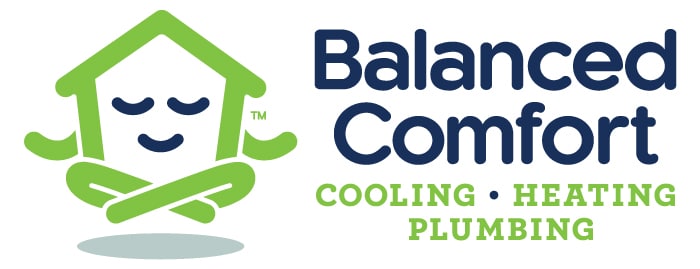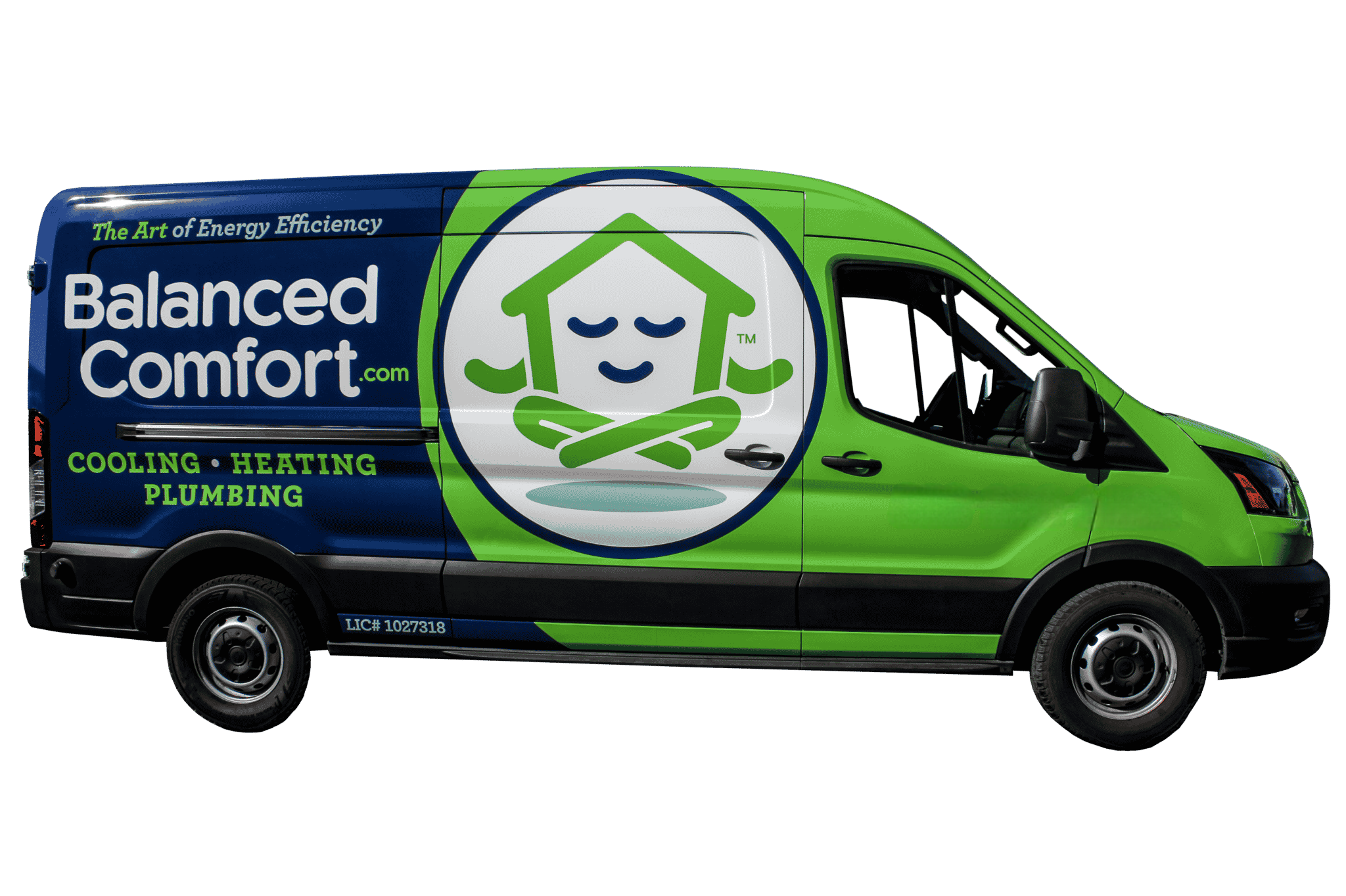How much does clean air cost?
Here in Fresno we have the worst air in the country and it should cost a whole bunch, but it doesn’t. When you go to the store are you overwhelmed by the number of filter choices? Plenty of colors, sizes, prices and ratings make things confusing and difficult. So which one will provide you with clean air for your home? You don’t have to buy the most expensive filter. It’s important to note that if you’re not changing your filters after at most 3 months of use then getting a filter that is restrictive (more on that later) you may cause premature failure of heating or cooling components.
- Choose a properly sized filter. Next time you remove the old filter check and make sure it fits tightly in the filter opening. If the filter is smaller than the return opening or filter slot a majority of the air will flow around the filter instead of through the filter.
- Once you’ve identified the correct length and width of the filter the next thing you need to know is depth. Not all filters are 1 inch deep, you have the option of a 2 inch or 4 inch filter if your return opening or filter slot is large enough. The advantage of a deeper filter is that there is more filter material to remove particulates.
Filter Ratings – Filters are rated based on how small of a particulate they can filter out of the air. The standard rating in the industry is MERV (minimum efficiency reporting value) and you can find residential filters from a MERV 1 up to MERV 12 and above. But as you increase the MERV rating you also reduce the airflow through your system. This may not sound bad but a majority of Heating and Air Conditioning systems already have low airflow. When you combine that with a restrictive high MERV air filter, more problem’s can arise its even possible to permanently damage your system.Take a look at this chart on Wikipedia it does a great job of outlining MERV ratings and the types of particulates that are removed.
One example is a filter rating of a MERV 6 will remove mold, spores, dust mite debris, cat and dog dander and more
There is another rating system called FPR (Filter Performance Rating) that is similar to MERV and is primarily used by Home Depot to rate filters.
So how much does clean air cost? Per year $90 – $120 depending on the size and MERV rating of the filter. But if it was only that easy, because of duct leakage and building leakage you go install the highest rated filter available and still be pulling in pollutants from leaky ducts or your attic and crawlspaces. Which is why it’s important to have a whole house assessment performed on your home.
Contact Balanced Comfort for home energy audits and all your HVAC needs.

